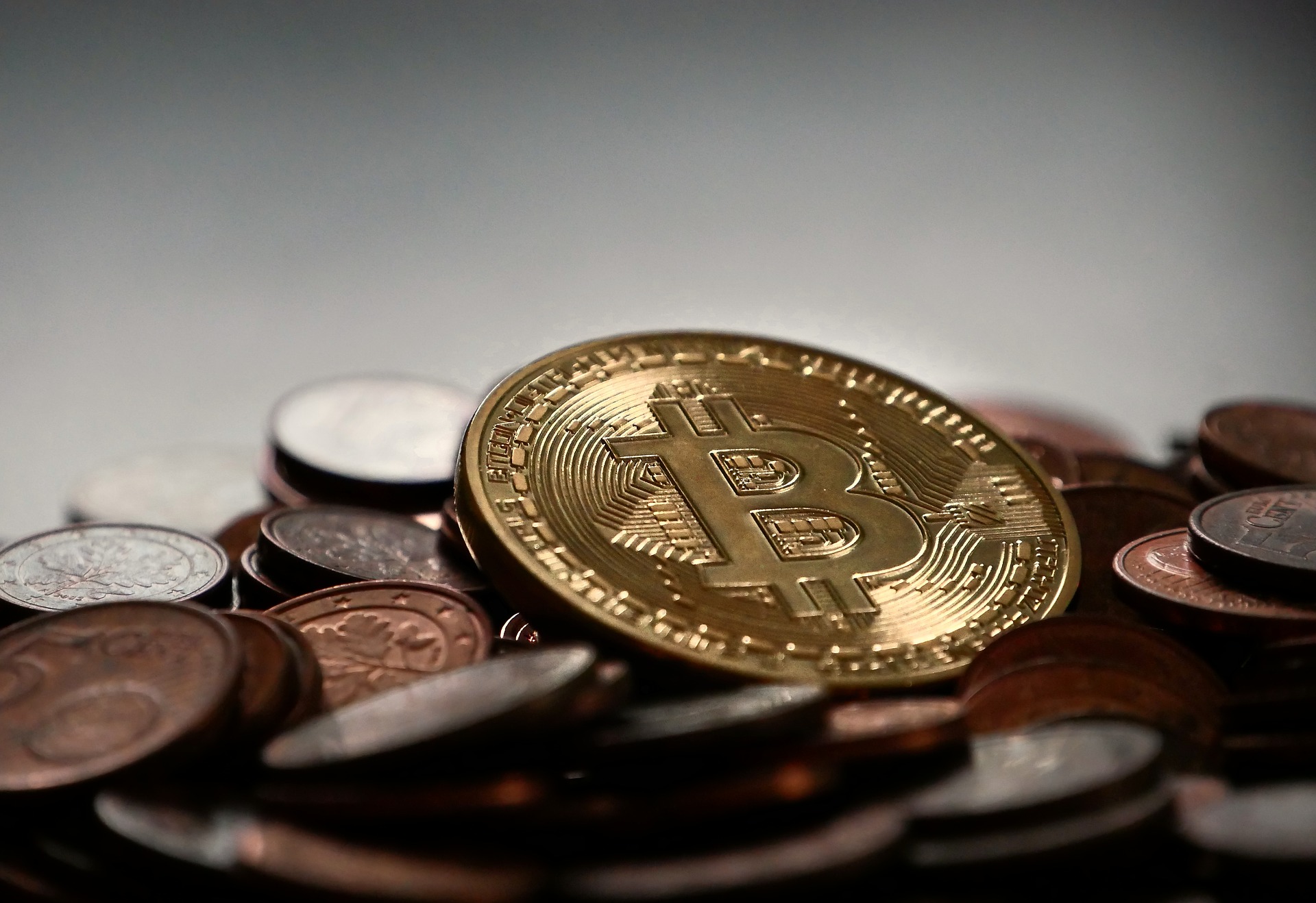By Emily Nicolle and Vildana Hajric, Bloomberg News (TNS)
A crackdown by the U.S. Securities and Exchange Commission and other watchdogs who have been investigating crypto’s naughtiest companies is proving to be a boon for the industry, with market participants saying they’re more likely to invest in the space following greater enforcement action.
Almost 60% of the 564 respondents to the latest MLIV Pulse survey indicated they viewed the recent spate of legal action in crypto as a positive sign for the asset class, whose trademark volatility has all but dissipated in recent months. Major interventions include the U.S. regulatory investigations of bankrupt crypto firms Three Arrows Capital and Celsius Network, as well as an SEC probe into Yuga Labs, the creators of the Bored Ape collection of nonfungible tokens, or NFTs.
“I’m in the ‘yes’ camp. As a professional investor, you need a regulated investment opportunity and it opens the doors for more professional investors to get involved in crypto, if it’s more regulated,” said Chris Gaffney, president of world markets at TIAA Bank. “The more they can get crypto out of the Wild West and into traditional investing, the better off it’s going to be.”
The sentiment extends to Bitcoin. Most investors were slightly more optimistic about the crypto than they were when asked in July. Almost half of respondents expect the world’s largest cryptocurrency by market value to continue trading between $17,600 and $25,000 until the end of this year—a departure from this summer’s sour outlook, when most said it was more likely to first drop to $10,000 than to climb to $30,000. To be fair, respondents this time had a broader menu of options to choose from than were available in the previous survey.
“Our investors recognized and the market recognized that the decentralized protocols have unique advantages that not only can benefit crypto markets, but also traditional markets more broadly,” Mary-Catherine Lader, Uniswap Labs COO, said in a Bloomberg TV interview.
While Bitcoin has been down about 60% this year, its price has been stuck between $18,171 and $25,203 since the previous survey was conducted, unable to meaningfully break out of that band. Volatility has also largely subsided, with the T3 Bitcoin Volatility Index down 33% since the token hit its all-time high of almost $69,000 on Nov. 10. Bitcoin was trading above 19,400 Monday as of 8 a.m. New York time.
Bitcoin has held a strong correlation to risk-on assets as well as the S&P 500 since March, barely changing its position in the last three months as investors tarred crypto with the same brush as everything else in an environment of rising interest rates. Some 42% of respondents said they think crypto’s correlation to tech stocks will stay the same over the next 12 months, while only 43% said they would increase their exposure to digital assets over the same period.
It’s been a tale of two halves for crypto in 2022, with the first half of this year dominated by chaos. There were bankruptcies, like Voyager Digital Ltd.’s, and the $40 billion wipeout of the Terra blockchain ecosystem. Roughly $2 trillion in overall value was erased from the industry’s late-2021 record. In June, things began to shift with crypto starting to plateau to its current range-bound level as the broader macroeconomic environment soured and traders turned to more traditional assets like bonds and FX for profit.
The lower volatility is “likely regarding the indecisiveness out there,” said Katie Stockton, managing partner at Fairlead Strategies.
In September, the Ethereum network completed a major network upgrade known as the Merge, which by one estimate will reduce the blockchain’s energy consumption by about 99%. Still, only around one-third of investors said they believe that the so-called Flippening, where Ether’s market value eclipses that of Bitcoin, could happen in the next two years—a number that’s largely stagnant from July.
Survey respondents also displayed a very broad church of opinions on crypto, emblematic of how despite the sector’s relative infamy among traders, it’s still a divisive topic. When asked to choose one word that describes the space, the two most popular answers were almost evenly split between “Ponzi” and “future.”
“It’s almost like a religion—if you believe, you will always believe no matter the price or the headwinds,” said Victoria Greene of G Squared Private Wealth.
“The dichotomy between boom and bust perfectly describes crypto and the vast range of potential outcomes. There are so many unknowns, including regulation and platforms as well as what the hell it actually is and what it will be used for,” she said. “So, if you are a true believer, you say it’s the future.” People with more of a traditional view may say it’s a Ponzi, she said.
———
©2022 Bloomberg L.P. Visit bloomberg.com. Distributed by Tribune Content Agency LLC.
Thanks for reading CPA Practice Advisor!
Subscribe Already registered? Log In
Need more information? Read the FAQs
Tags: Digital Currency, SEC




